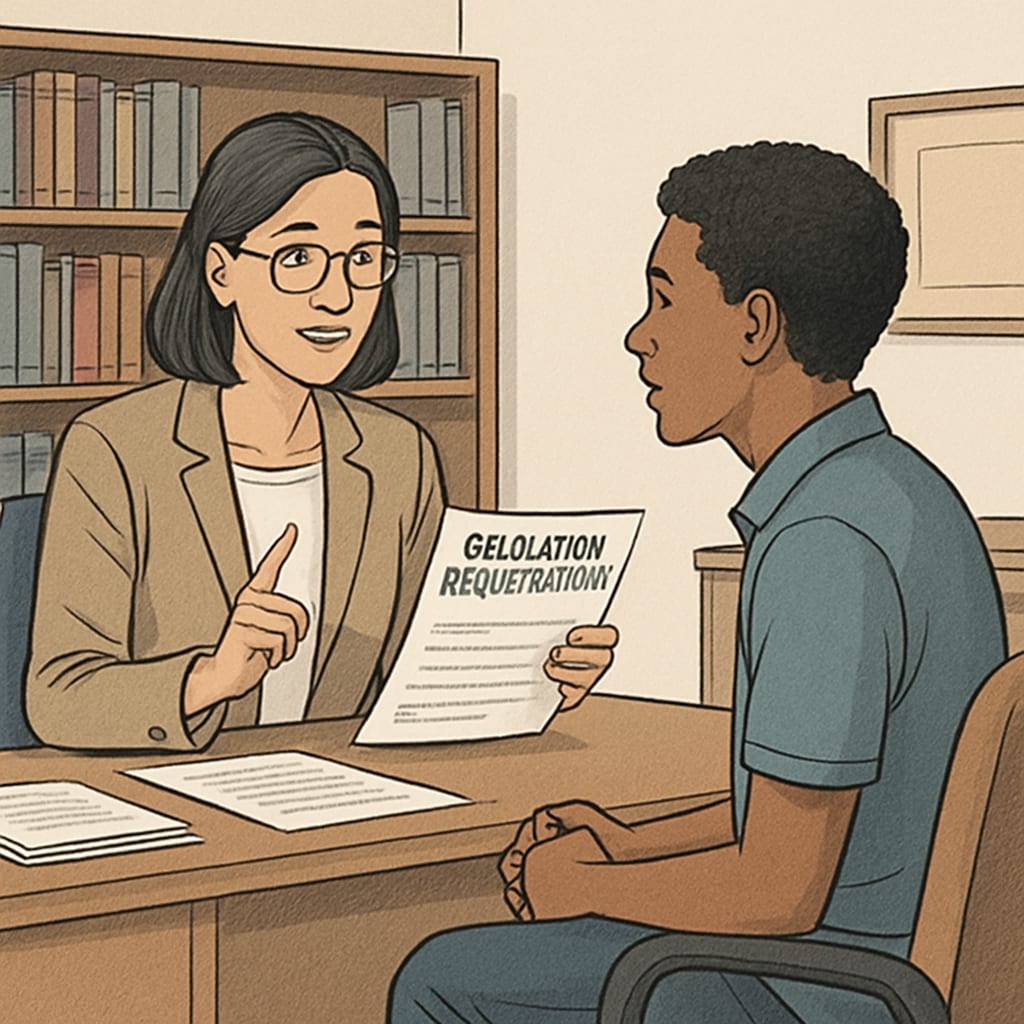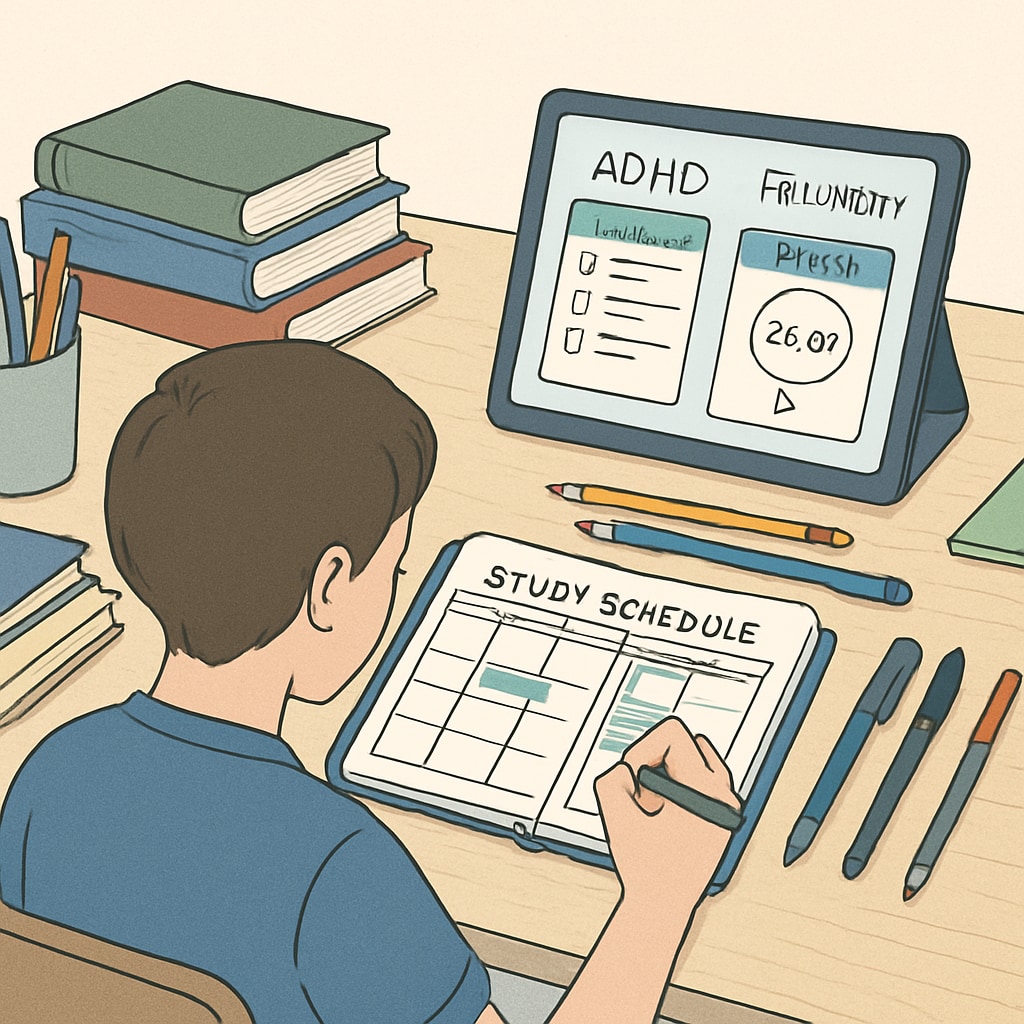Struggling with high school credits can feel overwhelming, especially for students with ADHD (Attention Deficit Hyperactivity Disorder). ADHD often impacts focus, organization, and time management, which are crucial for academic success. If you’re facing significant credit deficiencies, don’t worry—this guide will provide practical strategies to help you catch up and graduate on time. By utilizing school resources, creating personalized learning plans, and implementing ADHD-friendly study techniques, you can regain control of your academic journey.
Understanding the Challenge: ADHD and Academic Setbacks
ADHD can make traditional learning environments overwhelming. Difficulties in focusing, managing deadlines, and sustaining motivation often lead to missed assignments and failed courses, creating a credit gap. To overcome this, you need a clear understanding of your current situation. Start by reviewing your transcript with a counselor or academic advisor to identify how many credits you’re behind and which specific subjects need attention.
- Determine required credits for graduation in your school district.
- Identify core subjects (e.g., math, science, language arts, social studies) and elective credits needed.
- Discuss options like summer school, online courses, or credit recovery programs.
Once you know where you stand, you can begin crafting a plan tailored to your learning needs.

Effective Credit Recovery Strategies for ADHD Students
Recovering high school credits requires a structured approach, especially for students with ADHD. Here’s how you can make the process ADHD-friendly:
- Utilize School Resources: Schools often offer credit recovery programs, tutoring sessions, or online platforms to help students catch up. Speak with your school counselor about these resources and explore flexible learning options.
- Create a Personalized Learning Plan: Work with teachers or academic advisors to break your credit recovery goals into manageable chunks. For example, focus on one subject at a time or set weekly milestones to avoid overwhelm.
- Leverage ADHD-Friendly Tools: Use tools like planners, apps, or reminders to stay organized. Apps like Todoist or Trello can help you track assignments and deadlines.
- Enroll in Summer or Online Programs: Summer school or accredited online courses can provide additional opportunities to earn missing credits at your own pace.
Proactively engaging in these strategies can help you stay motivated and organized throughout your recovery process.

Time Management Tips to Maximize Progress
Time management is critical for catching up on credits while balancing other responsibilities. ADHD students often struggle with procrastination or distractions, but these tips can help:
- Set Specific Study Times: Establish a consistent daily or weekly schedule for studying. Use timers or alarms to stick to your plan.
- Break Tasks into Smaller Steps: Divide larger assignments into smaller, achievable parts to avoid feeling overwhelmed.
- Prioritize Tasks: Use the Eisenhower Matrix to determine which tasks are urgent and important. Focus on high-priority tasks first.
- Incorporate Breaks: Use techniques like the Pomodoro Method (work for 25 minutes, then take a 5-minute break) to maintain focus.
Adjusting your approach to time management can significantly improve productivity and reduce stress.
Building Communication Skills for Support
Open communication with teachers, counselors, and parents is vital for ADHD students navigating credit recovery. Advocate for yourself by clearly expressing your needs and challenges. For example:
- Request accommodations like extended deadlines or modified assignments, if available.
- Regularly update your counselor on your progress and any obstacles you’re facing.
- Involve your parents or guardians in your planning process—they can provide encouragement and accountability.
Strong communication ensures you have the support system needed to succeed.
Staying Motivated and Focused
Maintaining motivation can be tough, especially when you’re working to recover credits. To stay on track:
- Celebrate Small Wins: Reward yourself after completing milestones, such as finishing a course or passing an exam.
- Stay Positive: Remind yourself of the bigger picture—graduation is within reach.
- Seek ADHD-Friendly Study Groups: Collaborating with peers who share similar challenges can provide emotional support and accountability.
Remember, every step forward brings you closer to your goal.
Recovering from academic setbacks caused by ADHD requires determination, planning, and the right resources. By following the strategies outlined in this guide, you can regain control over your high school credits and pave the way for a successful graduation. Stay focused, communicate effectively, and use ADHD-friendly tools to maximize your potential.
Readability guidance: Use short paragraphs and clear lists to summarize key points. Maintain a balance of active voice and concise sentences for easier comprehension.


